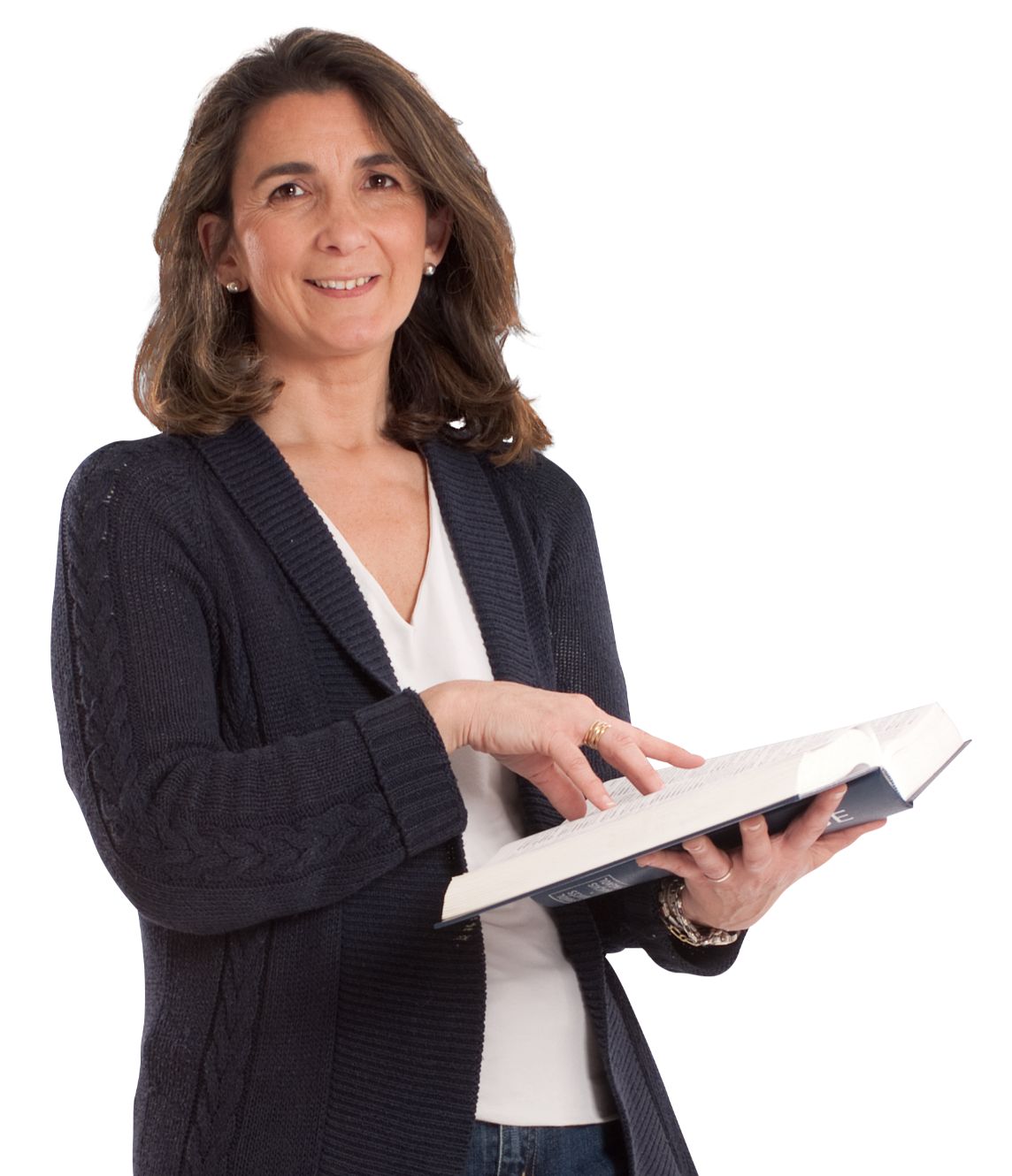How to prepare for the GL 11+ exam - Year by year breakdown
The GL 11+ exam is usually made up of four main sections; English (comprehension, spelling and punctuation), Maths, Verbal Reasoning and Non-Verbal/Spatial Reasoning.

How and when to prepare for the GL 11+
Many parents begin preparing their child for the GL 11+ as early as year 3. This does not mean you need to be doing actual 11+ level activities with your child in year 3, as this will most likely deter them and knock their confidence. You don't even need to use the phrase '11+' but there are a few things that you can do early on to build foundational knowledge for the 11+, which will help make their important year 5 11+ journey much smoother. If your child has just entered year 5, don't worry, there is still plenty of time to prepare your child for the 11+, especially with the help of EdPlace.
Here is an outline of what you can do to help prepare your child for the GL assessment 11+ and build foundational knowledge, based on each year group and section:
Year 3
Maths
By the end of year 3, make sure that your child is confident and secure in:
- Column addition and subtraction
- 1, 2, 3, 4, 5, 6, 8, 10 times tables with associated division facts
- All year 3 curriculum maths and the beginning to look at year 4 maths
All of these maths topics, along with the entire year 3 maths curriculum, are clearly laid out and easy to access on the EdPlace website, helping your child to become a more confident mathematician using fun and interactive worksheets.
English
Reading: In year 3, it is vital to encourage a love of books and reading so that your child feels confident and comfortable around books. Make sure your child reads aloud for 15-20 minutes most days. Don't worry about how much they read, it's more important to stop and discuss the new vocabulary in the book and discuss what is happening in the book and why. If your child isn't on a level of book that contains tricky vocabulary, don't worry, you can listen to audiobooks before bed or in the car. Listening to audiobooks or another adult reading is incredibly beneficial as your child will be exposed to higher level vocabulary and it can improve their comprehension by discussing what's happening in the story. It is often recommended that children read their own book as well as listening to an adult/audiobook reading a story of a higher reading level than theirs.
Make sure your child is up to date with the year 3 spelling and grammar curriculum. This can be accessed on the EdPlace site and the fancy terminology is explained in a clear and engaging way. Age appropriate comprehensions are available on EdPlace to check that your child is interpreting passages in the correct way.
Verbal Reasoning
- Encouraging your child to read widely and discuss new vocabulary will help with many types of verbal reasoning question, as these are often vocabulary focussed.
- Familiarise your child with the various types of verbal reasoning questions on the EdPlace website to gradually introduce them to question types that they won't be used to.
Spatial and Non-Verbal Reasoning
Children that play with Lego and similar building block toys are often more confident when it comes to spatial and non-verbal reasoning questions, especially spatial reasoning. This is because they are used to fitting 3D shapes together and understand how to move them to fit into place. Tangrams and Tetris style puzzles are also great to help children visualise how shapes fit together. This is a great way to 'disguise' 11+ work and can be fun to do together.
Also, familiarise your child with the various types of spatial and non-verbal reasoning question types on the EdPlace website, which gradually get harder to ease your child into this new question type.
Year 4
Maths
By the end of year 4, make sure that your child is confident and secure in:
- All times tables up to 12 x 12, with associated division facts. We don't want times tables to slow them down in year 5, when learning new concepts.
- Short and long multiplication
- Short division, often known as the 'bus stop method
- Answering word problems
- All aspects of the year 4 maths curriculum and the beginning of the year 5 maths curriculum
All of these maths topics, along with the entire year 4 maths curriculum, are clearly laid out and easy to access on the EdPlace website, helping your child to become a more confident mathematician using fun and interactive worksheets.
English
Reading: The advice for English in year 4 strongly matches that of year 3 (please see above). Please make sure that your child reads widely to improve their comprehension and vocabulary. Set reading challenges with rewards to keep them motivated, many local libraries run these throughout the holidays. Make sure that your child is also listening to a story of a higher level than theirs to further boost comprehension and vocabulary. Comprehensions for year 4 can be accessed on the EdPlace website to check that your child has an age-appropriate comprehension level and will help boost this level with engaging practice.
Grammar: Make sure that your child is up to date with the grammar curriculum for year 4. Especially, make sure that they are familiar with the following terms: noun, verb, adjective, adverb, synonym and antonym.
Spelling: Your child will have to identify spelling mistakes in a passage so make sure they know how to spell the key curriculum words for year 3 and 4. These can be found on page 16 of this government document and activities to practise and understand spelling rules can also be found on EdPlace.
Verbal Reasoning
- Encouraging your child to read widely and discuss new vocabulary will help with many types of verbal reasoning question, as these are often vocabulary focussed.
- Familiarise your child with the various types of verbal reasoning questions on the EdPlace website for year 4 to gradually introduce them to question types that they won't be used to.
Spatial and Non-Verbal Reasoning
Please see the advice in the year 3 section for using lego and puzzles to improve your child's natural spatial and non-verbal reasoning potential. Familiarise your child with the various types of spatial and non-verbal reasoning question types, which gradually get harder to ease your child into this new question type.
Year 5
Maths
By the end of year 5, make sure that your child is confident and secure in:
- All aspects of the year 5 maths curriculum.
- All aspects of the year 6 maths curriculum.
- Applying this knowledge into word problems under timed conditions
The EdPlace website has a comprehensive list of all the maths topics that could come up in the 11+ and these are in the year 5 and year 6 maths sections. Completing these sections will help your child become confident in tricky maths topics and they can then apply this knowledge into 11+ style word problems.
English
Reading: Encourage your child to read widely and discuss the plot and motives of characters in their story. Set reading challenges with rewards to keep them motivated, many local libraries run these throughout the holidays. Practising comprehensions is vital in year 5, as the majority of the English 11+ is based on comprehension. A range of comprehensions can be accessed on the EdPlace site to make doing a 'dull comprehension' a bit more engaging and interactive!
Grammar: In terms of grammar, make sure your child is up to date with the year 5 grammar curriculum, which can be found on the EdPlace website. Make sure they can define and identify the following in a passage of text:
- Types of noun - common, proper, collective, abstract
- Pronoun
- Adjective
- Verb
- Preposition
- Adverb
- Simile
- Metaphor
- Personification
Punctuation: Make sure your child knows when to use the following punctuation, as they will have to identify punctuation mistakes within a passage:
- Capital letter and full stop
- Apostrophe
- Inverted commas (speech marks)
- Colon
- Semi-colon
- Comma
- Dashes
Spelling: Your child will have to identify spelling mistakes in a passage, so make sure they know how to spell the key curriculum words for 'year 3 and 4' and 'year 5 and 6'. These can be found on pages 16 and 23 of this government document and we have many activities to practise and understand spelling rules in at EdPlace
Verbal Reasoning
In the 11+ exam, your child will be tested on a selection of the many types of verbal reasoning question. This means that your child needs to be familiar with all of these types, as any could come up. All of these types are easily accessible on EdPlace and help your child become more confident by gradually increasing the difficulty. It's best to learn these one type at a time to begin with, rather than overwhelming your child with a worksheet that covers several in one go.
As previously mentioned, a broad vocabulary will help your child to succeed in verbal reasoning, so please do not forget about that all-important reading as it helps your child learn vocabulary in context, rather than just looking up tricky words in a dictionary.
Spatial and Non-Verbal Reasoning
In the 11+ exam, a selection of spatial and non-verbal reasoning questions types will come up, so it is important to practice all of the types before the 11+.so that your child is familiar with these. Children either love or hate non-verbal reasoning and if they are struggling to understand, take the time to talk through the patterns and changes out loud, to help them develop that all important 'reasoning' brain. All of the possible types of spatial and non-verbal reasoning questions are accessible on EdPlace, and each answer is clearly explained to help you and your child understand the thought process behind it and we will have them thinking like a reasoning rockstar in no time!
What to do in the last few months before the GL 11+ exam
In the months leading up to the 11+, it's time to begin test style questions with your child. The trickiest levels under year 5 on EdPlace are laid out in a similar way to the 11+ to help your child familiarise themselves with the layout. Your child will need to get used to answering these questions in timed conditions as well as being able to jump from one question type to another. Timed practice tests with clear answer explanations will be available on EdPlace to help your child improve these skills.
If you follow these guidelines and explore the vast collection of 11+ resources on EdPlace, then your 11+ journey can run smoothly, without stress. Just remember, the longest time that your child will be sitting down for in one of the 11+ tests is an hour, so give them plenty of rest breaks when you are practising at home. Good luck and remember, EdPlace are here for you every step of the way!
Access revolutionary 11+ preparation resources
If your child is sitting the 11+, EdPlace is here to help! Coming summer 2019, EdPlace are launching visionary, new resources which will transform 11+ preparation for your child.
- Our holistic approach revolutionises the 11+ by discreetly progressing your child to remove pressures, helping them enjoy learning and feel confident.
- Get ahead with engaging non-verbal and verbal reasoning activities and practice papers for ages 8-11 tailored to CEM or GL exam boards.
- Visionary new 11+ specific English and Maths practice.
- Track and measure your child's exam readiness and build their confidence so they're more than ready to show their skills come test day!
We're here to help your child smash whatever comes their way! From KS1-KS4, our students progress 150% across English, maths and science over a school year; from ABCs - GCSEs, EdPlace is here for the 11+, and beyond!



.png)






